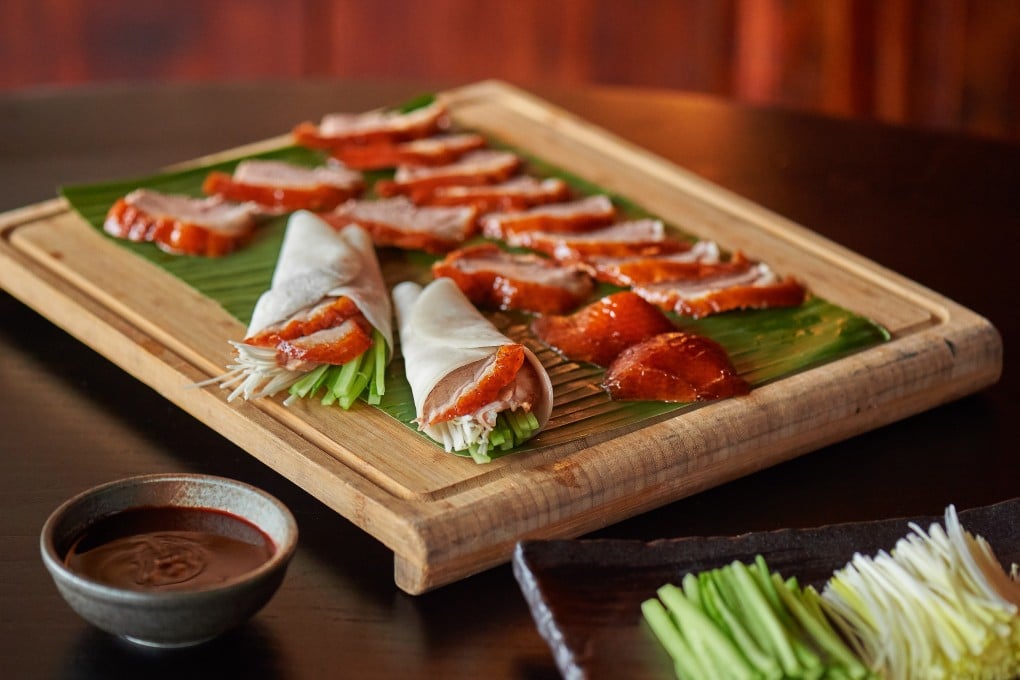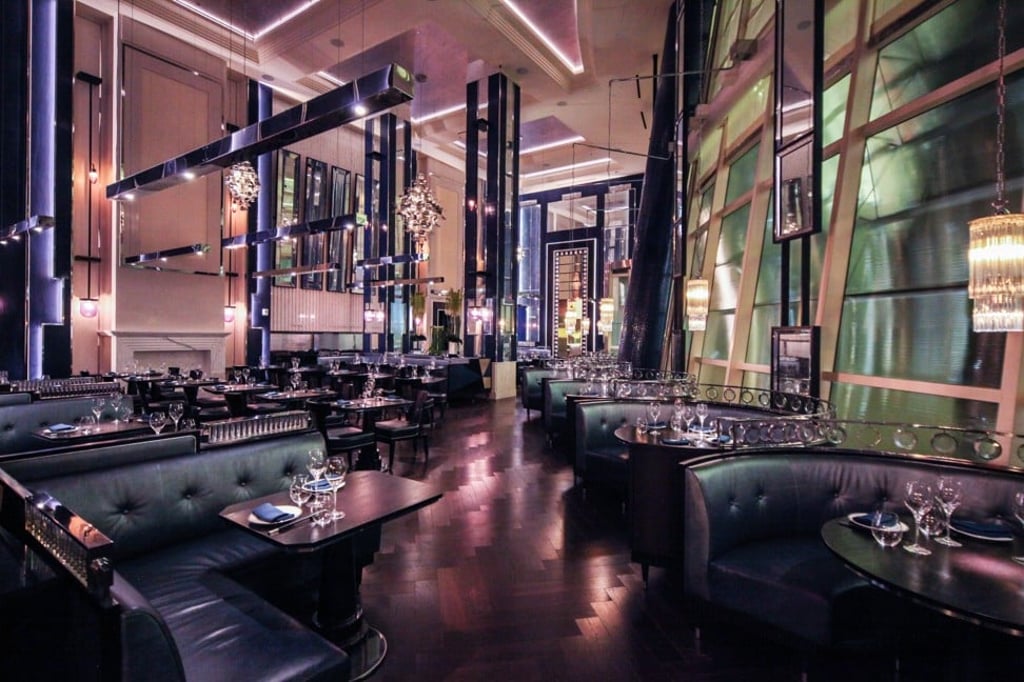Advertisement
From Tim Ho Wan to Mott 32, the Hong Kong restaurants taking on the world
- Whether its Peking duck in New York or barbecue pork buns in Sydney, a number of Hong Kong restaurants are growing internationally
- That the city’s food industry has a global profile is more important than ever, given business lost from the anti-government protests
5-MIN READ5-MIN

With anti-government protests into their 18th week, Hong Kong restaurants have rarely had it tougher. Foreign visitor numbers are down and city residents are less keen to go out to eat.
Hong Kong groups that have expanded overseas, however, will have had the blow cushioned. These groups have exported their cuisine around the world, from New York and Las Vegas to Singapore and Sydney.
Aqua Restaurant Group’s Hutong in Tsim Sha Tsui opened back in 2003 and is known for its northern Chinese cuisine and breathtaking views towards Hong Kong Island. The group recently opened Hutong on Lexington Avenue in New York, in a space that was formerly home to French restaurant Le Cirque.
Advertisement
It is the group’s first restaurant in the United States, and it plans to open another in Miami, Florida. These will be in addition to Aqua restaurants in Beijing and London.

Advertisement
A recent lunch at Hutong in New York showed that the elegant space, with its art deco lines and blue colour scheme, is already proving popular with New York diners.
A dish listed on the menu as calamari flowers turned out to be perfectly cooked squid in Sichuan peppercorn and chilli oil. The Peking duck tasted terrific, but aesthetically was no match for the version carved tableside in Hong Kong, while branzino with chilli, wild mushrooms and celery came in a beautiful broth.
Advertisement
Select Voice
Select Speed
1.00x